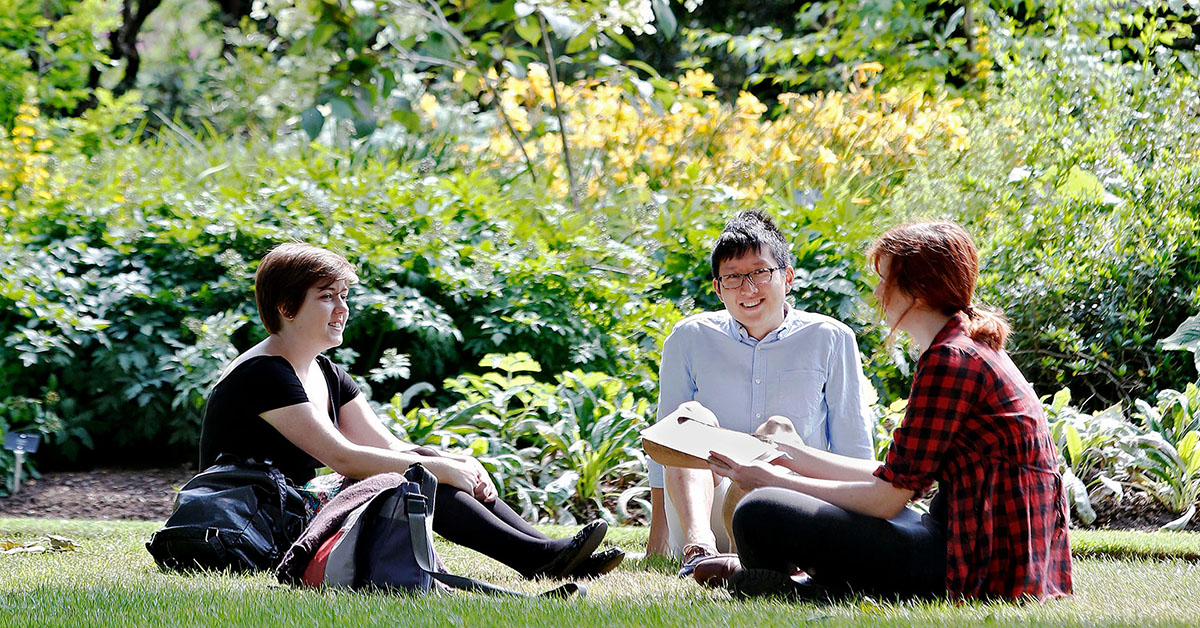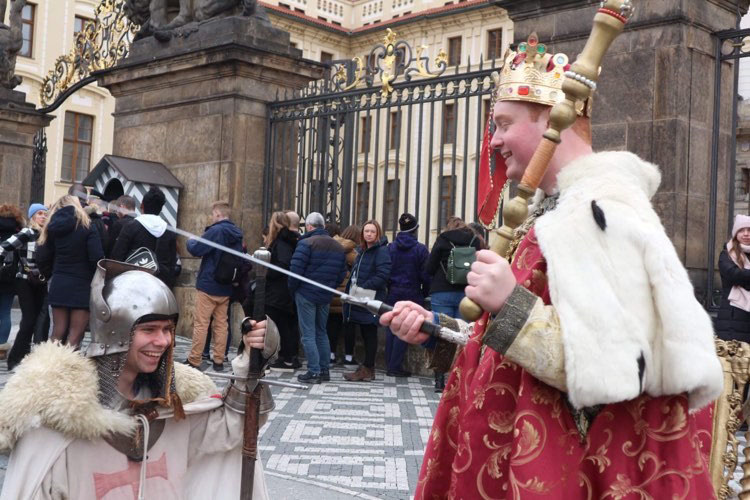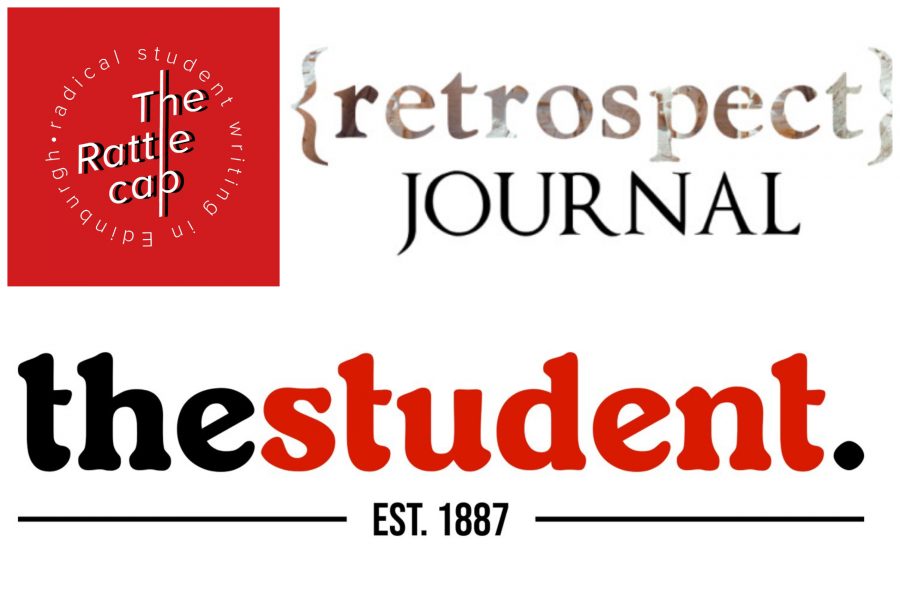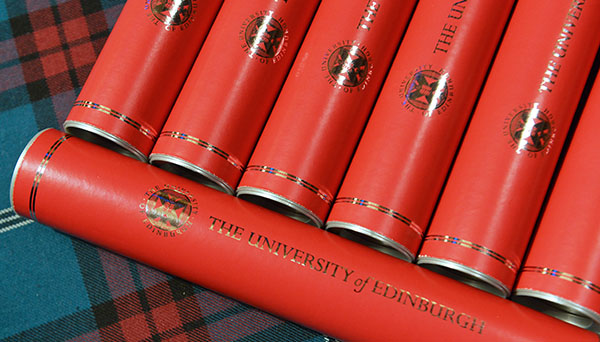Category: Student Ambassadors 2020-21
Good question. Luckily, Tristan [MA (Hons) Ancient and Medieval History] can help answer that. In the 18th Century Edinburgh designated itself the ‘Athens of the North’, and wandering through the city centre it’s not hard to see why. Okay, after twenty-something years in the Scottish capital I’m admittedly a little biased. But what isn’t to […]
As part of Pride Month, Tristan (Ancient and Medieval History, MA Hons) shares his experience as an LGBTQ+ student at the University of Edinburgh. Navigating your first year at university can feel both intimidating and exciting as you get to grips with higher education, exploring a new city and meeting new people. This experience can […]
The ‘Scottish 4-year degree’ can seem confusing and a waste of a year, but History and Politics (MA Hons) student Jack argues that it’s the ideal way to explore and, finally, focus on what really interests you. There is no doubt about it, starting university can be a bit daunting – a new lifestyle, new […]
Will I find those “friends for life”? Will I be able to balance my studies with a healthy social life? Will there be societies I want to join? Jack – History and Politics (MA Hons) – answers these very questions. Some of the biggest worries that Freshers tend to have about coming to university are […]
Former History (MA Hons) student and now MSc History student, Ruby, takes a look at student journalism and creative writing opportunities at the University of Edinburgh. Undertaking a degree in the School of History, Classics, and Archaeology means you won’t be short of chances to hone your writing skills. Whether they take the form of […]
After four years of study, why would you want to do more? One of our Student Ambassadors, Alfie, has some thoughts. An undergraduate degree at university is a significant commitment. Time, money, not to mention a lot of concerted effort to complete whilst juggling a variety of other elements of life. So, when considering the […]
Dissertation. A big word, and often a scary one. Alfie, a Student Ambassador, looks at ways to make it slightly less intimidating. Perhaps the culmination of your time at university and exceptional (circumstances notwithstanding), also the longest piece of academic writing you will have created to date. Sounds like a lot – and let’s not […]
One of HCA’s Student Ambassadors, Juliet, looks at ways to manage your money as a student. Going to university might be the first time many people have to manage their money, and the excitement of seeing your first student loan in the bank account is accompanied by the worry of not knowing how to budget […]









